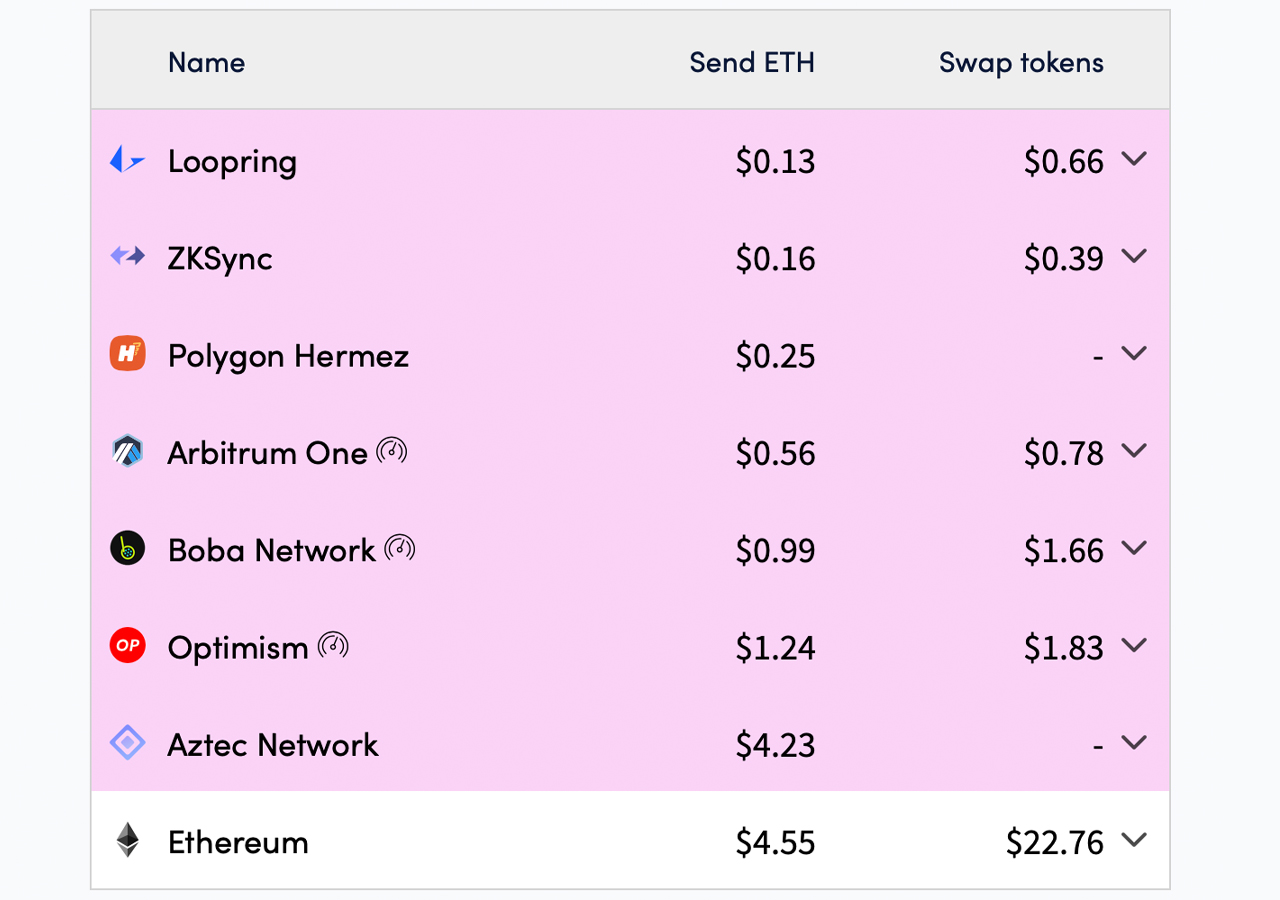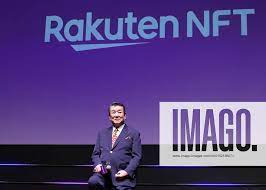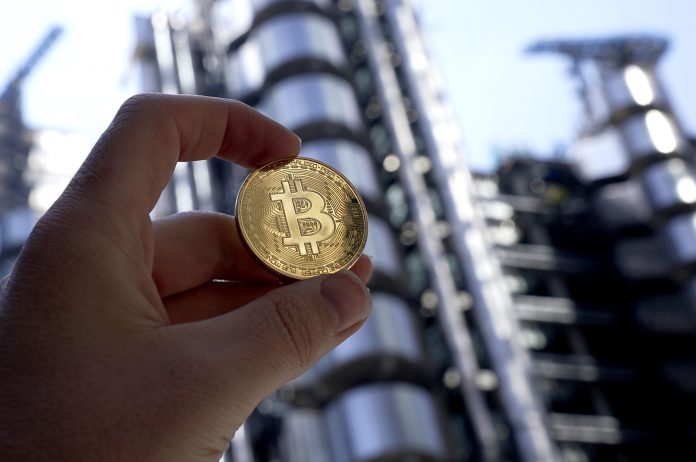The CEO of Airbnb, Brian Chesky, talked about cryptocurrency and his company’s efforts to help Ukrainian refugees in an interview with CNBC Tuesday. According to its website, Airbnb has about 6 million active listings worldwide, with more than 4 million hosts. There are 100,000 cities and towns with active Airbnb listings.
Chesky was asked if Airbnb supports crypto since some people in Ukraine are trying to take payments in cryptocurrency following Russia’s invasion. He replied:
Airbnb is. I mean, I am personally supportive of the idea of crypto, of course. I think it’s a really interesting technology.
He continued: “I went on Twitter in the beginning of the year and I asked a community on Twitter if Airbnb can launch anything in 2022, what would it be? The number one response was [to] add crypto payments, so I have a team looking into that.”
While clarifying that Airbnb does not have anything regarding crypto payments to announce yet, the CEO emphasized:
We are absolutely looking into this and specific to this crisis.
Noted that it is unlikely that anything crypto will be implemented “that quickly,” Chesky said: “So right now we’re really focused on is providing housing for refugees. That’s what I’ve mobilized a team to do.”
Airbnb has been thinking about cryptocurrency for quite some time. In its prospectus filed with the U.S. Securities and Exchange Commission (SEC) in November last year, the firm named blockchain and cryptocurrencies as some of the technologies it is considering.
Airbnb announced Monday that it is offering free temporary housing for up to 100,000 refugees from Ukraine. Since the start of the Russian invasion, more than 600,000 civilians have fled Ukraine, according to the UN. The European Union estimates that up to four million people may try to leave Ukraine because of the Russian invasion.
“We reached out to governments in Poland and Germany and Hungary and Romania, and countries even west of them to offer assistance,” the Airbnb CEO explained.
“We’ve been reaching out to our hosts. We’ve secured funding and so we’re prepared to house up to 100,000 refugees,” he shared. “Frankly, we can house as many refugees as we have hosts.”












